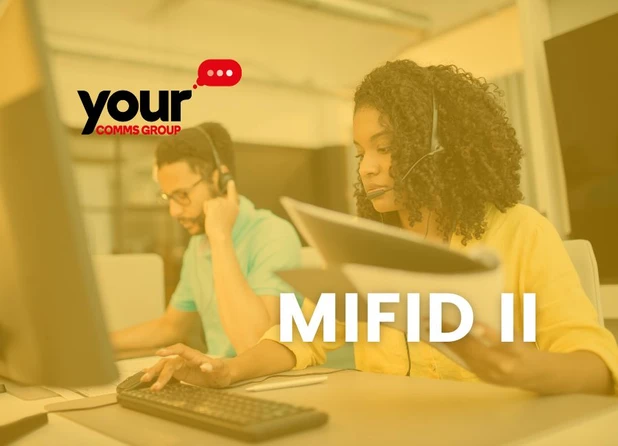Managing Mobile Devices in Care Homes for Better Care
Mobile devices have become essential tools in various fields, including the health sector, which is common in today's digital era. Care homes are...

Head of Software Alliances at Your Comms Group, Brett Norman, makes the case for a zero VAT rating for the UK’s care operators
On the surface of it, exempting care operators from VAT liability seems a wholly sensible idea.
It reduces time and administrative overheads associated with what can, for large organisations, be an extremely complex process, whilst also serving to make the cost of care more affordable for service users and their families who were unable to reclaim the VAT element.
On one level, then, VAT exemption is a win-win for operators and users at the point of service delivery.
The reality, though, is that this benefit is immediately offset by the cost burden that arrives through the various supply chains that ultimately drive the day to day delivery of high quality care in both the UK residential care and assisted living/domiciliary sectors.
Why? Because the consequence of VAT tax exemption is that it prevents those care businesses from reclaiming the tax due on the goods and services they buy in.
This effectively means care operators pay 20% more than, say, a cleaning company would for identical products and services like PPE, technology, furniture, professional services etc.
The result? Whilst care operators’ residential and domiciliary care services became immediately more affordable
In short, VAT exemption only really works for care operators if that exemption is extended through the supply chain – something the Government and HMRC might be understandably unwilling to even consider, never mind implement.
VAT exemption for care operators was introduced nearly 20 years ago in a government-led shake up of VAT rules as they apply to care providers and their ‘customers’ (in this context, a service user and/or their family).
But tricky issues around the status of care operators have been bubbling away ever since the introduction VAT exemption rules that were, remember, designed to make care more affordable and accessible for those who need it but who may have limited means to pay for it.
The legislation governing the VAT exemption that was introduced in 2002 clearly specifies that the new rules would apply to ‘welfare services’ supplied by a ‘charity …, state-regulated institution or a public body’.
However, until three years ago there was uncertainty over how this rule should be applied to a profit-making business delivering care services to service users.
In 2018 a profit-making limited company argued that as a care operator providing identical services to those offered by charities and non-profits (and subject to the same regulatory controls), they should be allowed to offer exempt care to service users.
But the company in question also argued that as a limited business it should be able to reclaim the VAT element of the costs incurred in providing that service.
Unsurprisingly, HMRC disagreed, arguing that the company did not fall into the legislative ‘charity…, state-regulated or public body’ definition and that the care services provided by the business should therefore be subject to VAT.
In the court case that followed the judge ruled that the rule of what is known as ‘fiscal neutrality’ should apply. In other words, if the underlying service was identical, the VAT position should also be identical.
In practice, that means that under current guidelines all care providers, regardless of their corporate status, must provide exempt services and are therefor not able to reclaim the VAT element of their costs.
Ultimately, though, this risks compromising the scope, diversity and quality of residential and domiciliary care available to the end user, as VAT costs eat into profit and potentially stifles investment in technology and best practice.
The care industry now wants the UK government to change care operators’ VAT status from exempt to zero-rated, and zero-rating care providers so they are able to offer exempt care whilst also being allowed to recover a proportion of their costs makes a great deal of sense.
People now live longer (the average person is expected to live three years longer now than they were in 2020, and this figure continues to rise), demand for all forms of care will also increase, putting pressure on care providers to invest in the technology and practices that will ensure the best possible standards throughout the sector.
The net benefit to each provider is estimated to be in the region of £20,000 a year – money that most people would agree could go a long way to improving workforce skills, resources, and client experience and future-proofing the UK care sector.

Mobile devices have become essential tools in various fields, including the health sector, which is common in today's digital era. Care homes are...

As a financial services provider, one of the most important regulations in the financial industry is the Markets in Financial Instruments Directive...

In the expanding Internet of Things (IoT) world, SIM cards enable devices to communicate and transmit data over cellular networks. However, not all...